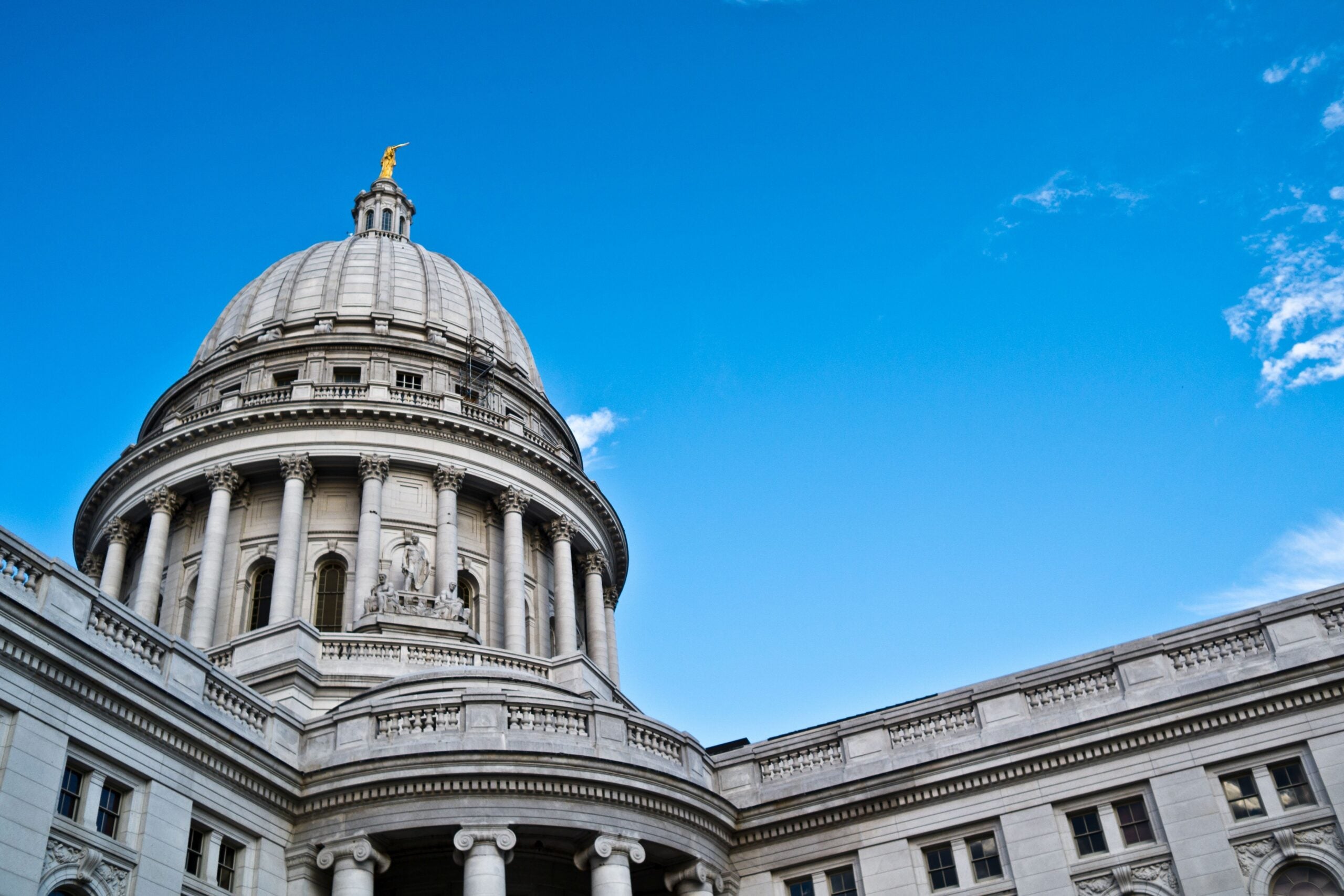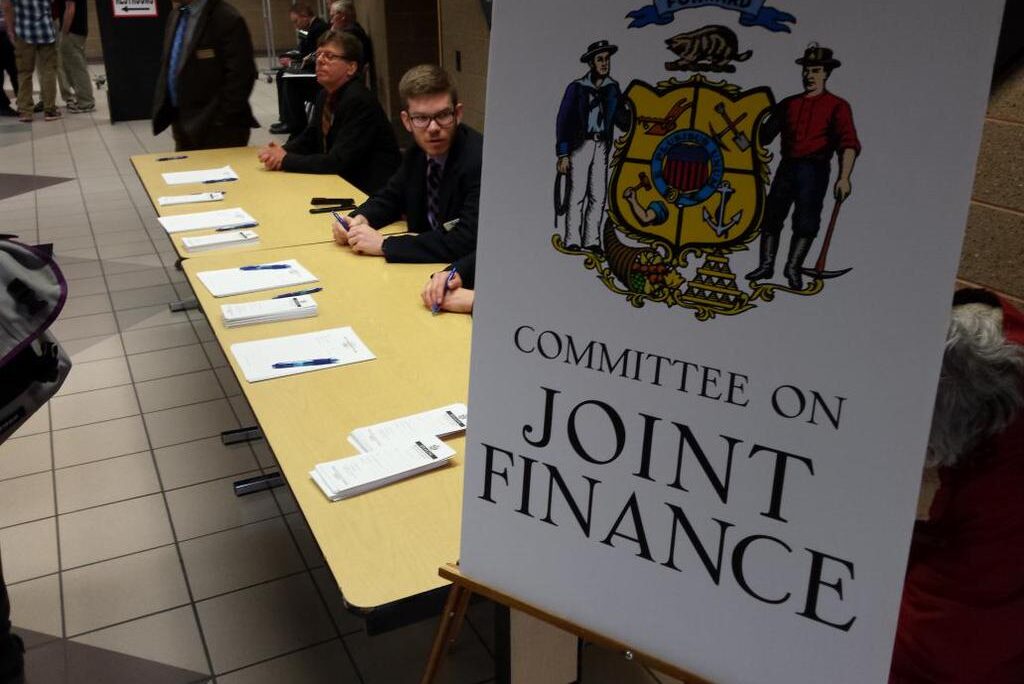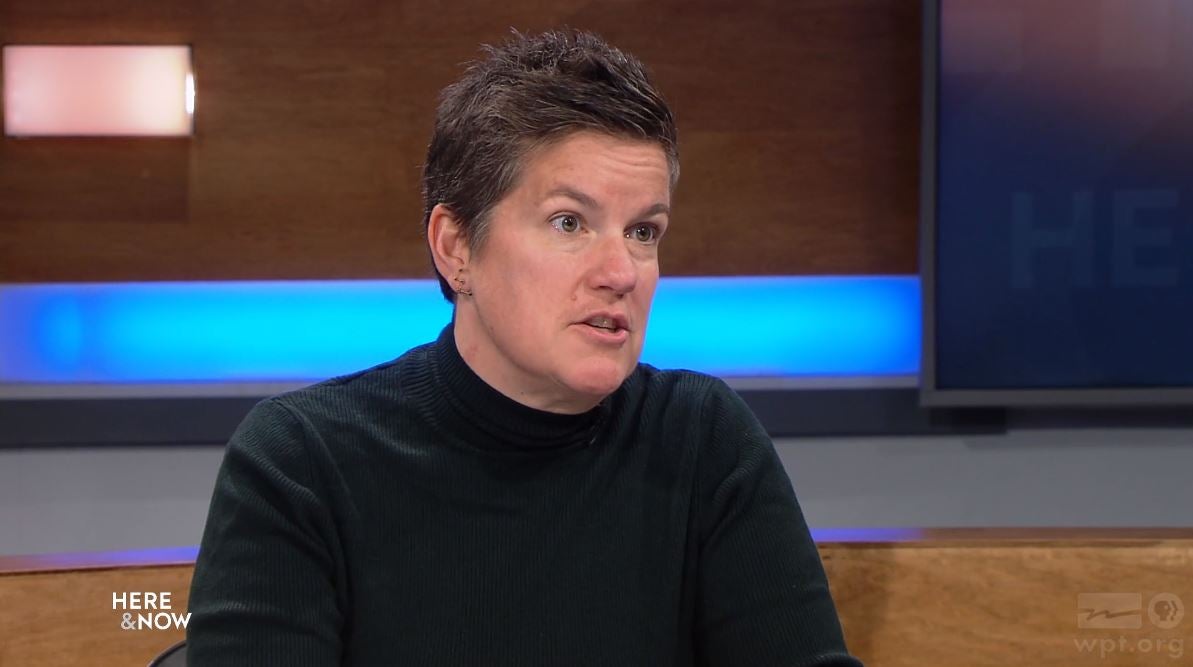The Republican cochairs of the Legislature’s budget committee said Tuesday that they do not expect to pass a “flat tax” as part of the next state budget, an idea pushed for months by a top GOP leader.
While not entirely unexpected, the comments mean lawmakers could sidestep at least one big conflict with Democratic Gov. Tony Evers, who has called the idea of a flat tax a “poison pill” for the budget.
Right now, Wisconsin taxes income at four different rates depending on how much people earn. The wealthiest residents — those individuals who earn more than $280,950 — pay a 7.65 percent tax rate. Under a proposal championed by Senate Majority Leader Devin LeMahieu, R-Oostburg, that rate would be cut to 3.25 percent for all taxpayers, regardless of income.
News with a little more humanity
WPR’s “Wisconsin Today” newsletter keeps you connected to the state you love without feeling overwhelmed. No paywall. No agenda. No corporate filter.
LeMahieu framed the idea as a “transformational” tax change, made possible by state government’s projected $7.1 billion budget surplus. But the move would have reduced the tax revenue used to fund government by an estimated $5 billion per year, according to an estimate from Evers’ Department of Revenue.
Asked about the prospects of the plan during a Wispolitics forum in Madison Tuesday afternoon, Rep. Mark Born, R-Beaver Dam, one of the cochairs of the Legislature’s Joint Finance Committee, downplayed its chances.
“I think that it will be probably unlikely to get to a full flat tax in this budget,” Born said.
Sen. Howard Marklein, R-Spring Green, the other cochair, said he supported the concept of a flat tax, but said it would not happen overnight.
“I doubt it’ll happen in this budget,” Marklein said.
Even in a year when lawmakers and the governor entered the budget cycle with historically large financial reserves, the flat tax stood out as one proposal that could keep them from agreeing on some type of tax cut.
The last time the Legislature passed a budget two years ago, they included an income tax cut that many thought Evers might veto. Instead, he signed the plan, and used it as a foundation of his reelection campaign.
But Evers left no doubt that he would veto a flat tax, including during a presentation Tuesday morning to the Wisconsin Counties Association.
“Their initial talking around a flat tax — that’s a poison pill for me,” Evers said. “I want a 10 percent middle class tax cut.”
Evers’ tax cut would target relief to individuals making less than $100,000 and married couples who earn less than $150,000. His office said the proposal would cut taxes for nearly 2 million people by an average more than $200 per year.
Republicans have said they don’t support the governor’s plan, but they’ve yet to rally around an alternative. Marklein said he first wanted to tally up the cost of the state’s financial obligations now and into the future so he knows how much money lawmakers have to work with.
“I want a tax cut, trust me,” Marklein said. “But we have to be able to afford it.”
Evers says shared revenue increase is ‘gonna happen’
Also on Tuesday, Evers pledged in no uncertain terms that the next budget would increase shared revenue to local governments.
“It’s gonna happen,” Evers told the Counties Association. “You’ve been wandering in the desert long enough, counties and municipalities. It’s time for you to get the resources you need to do the hard work that you do.”
Evers’ budget would devote 20 percent of Wisconsin’s sales tax to funding shared revenue, increasing local government funding by more than half-a-billion dollars annually, according to the governor’s office.
“We put in a relatively robust request to the Legislature,” Evers said. “And I think we’re going to be in a good place there.”
Born and Marklein did not endorse a specific dollar amount for shared revenue but said there was a need to increase local government funding.
“That is a problem that we acknowledge is there,” Born said.
But Born criticized another part of Evers’ budget that would give counties the power to increase local sales taxes. Evers budget would let Milwaukee County impose an additional 1 percent sales tax, with half of the new revenue distributed to the city of Milwaukee. Evers’ budget would also let other counties, and cities with populations over 30,000, impose an additional half-percent sales tax if approved by referendum.
“I don’t think you’ll see this Legislature support new taxes,” Born said.
Wisconsin Public Radio, © Copyright 2025, Board of Regents of the University of Wisconsin System and Wisconsin Educational Communications Board.






